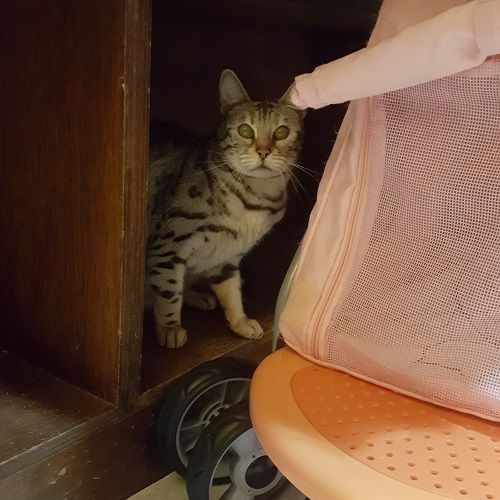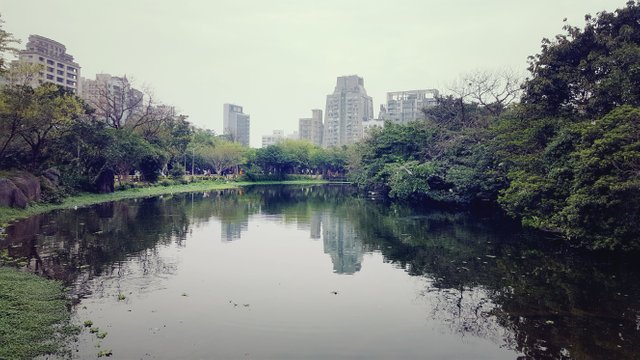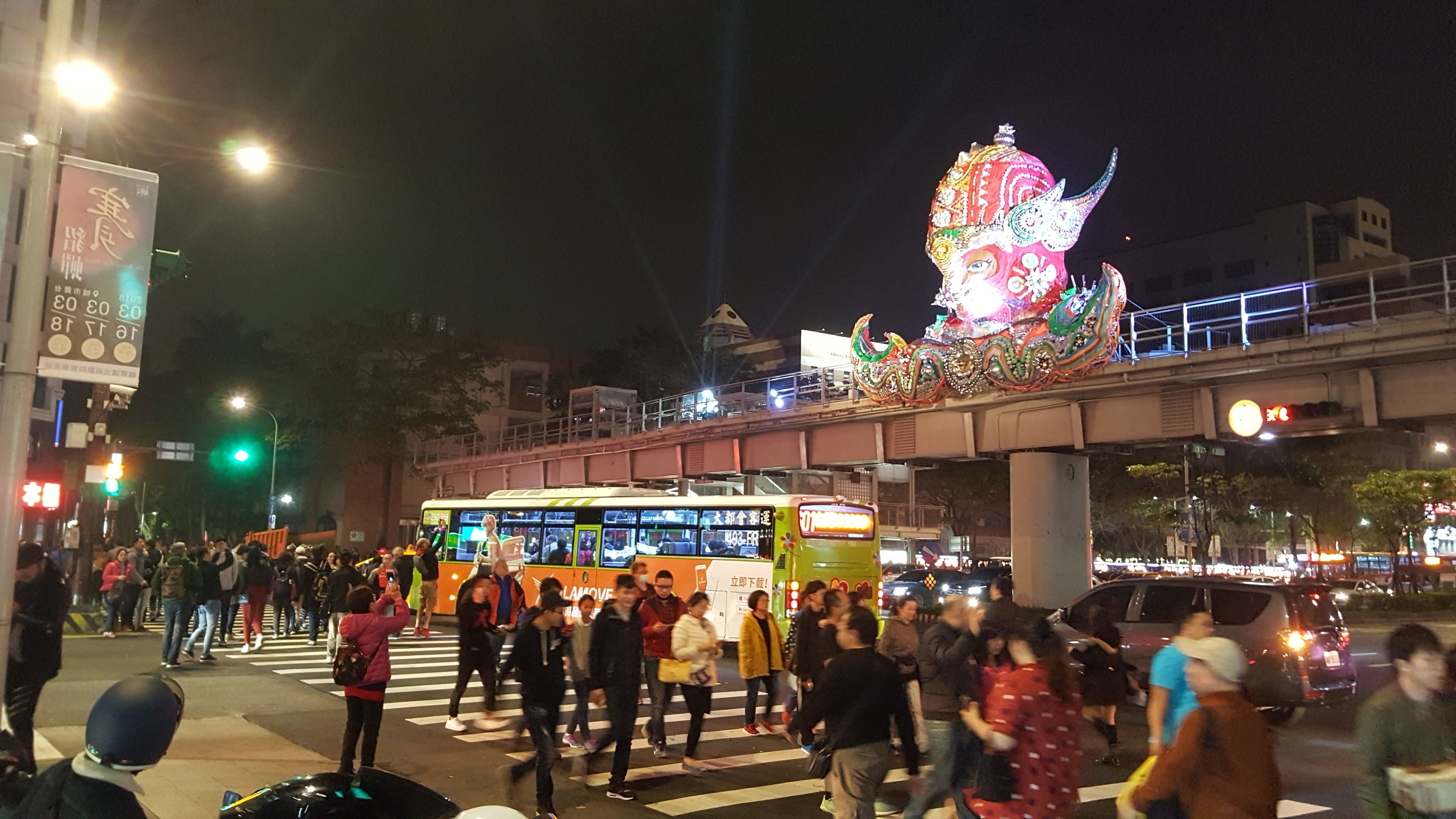Moving from America to Taiwan 6: Princess Sick
The first cat walked up to me and let me pet it, eventually going back to its pillow. The second cat did the same. The third cat walked up to me, then as I raised my hand to pet it, it turned around and left the room, unwilling to be pet.

This was the explanation given to me by the woman across the table, smoking a cigarette and a little bit frustrated that I wasn’t brave enough to eat a dish that she referred to as larvae soup.
"Princess sick" is a term I hear often here. It refers to someone who believes they are entitled to special treatment. Aligning with the clinical definition of narcissism, it’s every day manifestation can involve denial, a victim or martyr complex, or a problematic attachment to maintaining a particular image. In it’s acute form, it manifests as self-image at the expense of the actual self, resulting in hostility towards oneself and others when that perfect image is threatened.
In both the US and Taiwan, we find these behaviors in many of our current leaders, and the world they create for us rewards, encourages, and spreads these behaviors throughout our cultures. From our political leaders, to our media stars, to our advertising models, to our YouTubers and professional streamers, we are constantly consuming images that are engineered and targeted. Even the concept of “authenticity” has become a brand, where the growing idea of the “authentic brand” has become a meticulous strategy with the goal of appearing relatable without sacrificing the brand.

It’s my belief that this is the cause of a lot of suffering. Our heroes are overwhelmed by the burden. The consumers and fans are plagued by low self esteem, wishing their lives and beings could compare to those of who they follow.
Our privileges around race and beauty affect our daily life experience. They affect what others compare us to, and they affect what others expect of us. This in turn affects how we see ourselves. However, this experience can differ depending on which cultures and subcultures in which we place ourselves. Our beauty, wealth, charisma, and power are all relative to the peers who look the same.

Moving to another culture has allowed me to take a step back and understand who I am comparing myself to, and why. In my social circle in Los Angeles, my attractiveness was relative to YouTube streamers, senior engineers at SpaceX, and "dominant" guys who wore leather pants. In Taiwan, my attractiveness is relative to French academics, British entrepreneurs, and German exchange students. In both cultures, there were times that I was appreciated, and times where I was deemed unworthy for a desired social experience, but in each culture, the reasons for my positive or negative evaluation were different.
We will always struggle with feeling “not good enough,” but it’s my belief that changing the flavor of the not good enough we’re perceived as is a healthy process. It lessens the specific traits we’re attached to, and long-term, I think it helps us slowly let go of our need to change the unchangeable.

This is important for one of my major goals here, which is to live a life that is more authentic, and more connected to others. It is to reduce the amount of narcissism that I am surrounded by and consuming. I feel that when I tried doing this in the US, I had some success, but at the same time I was unconsciously absorbing a high degree of it just by living in a world where it was so prevalent.
At the same time, I always have to question if I am the one that is truly princess sick. Is my lack of willingness to participate in a world of suffering a sense of entitlement? Does my hatred of Donald Trump’s behavior come from a nacrissistic belief that I am above such behaviors?
It is hard to evaluate one’s own behaviors and beliefs. This problem is compounded by the fact that we often surround ourselves with those who share our beliefs, effectively creating echo chambers that preserve the false identities we become attached to.
So, as the cat walks away, I wonder how I can live a life that is more real, and more connected. I think of how I can care less about what other people think, and how I can care more about how other people see the world, whether or not it aligns with my own views. I try to think about putting myself out there more, and resisting the temptation to think about how other people might see it.
At the same time, I think about the fact that I need new shoes, because I don’t think my current pair makes me look cool enough.
It’s a process.

Nice posts & channel. Ty.